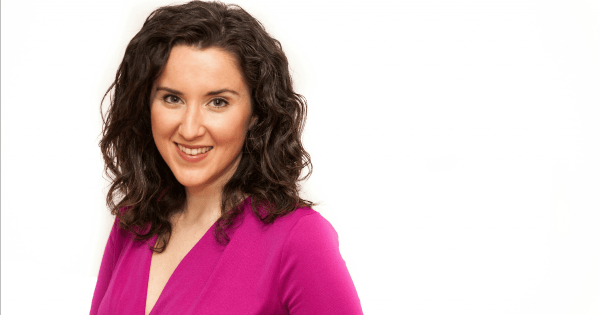
You’re never really the same after your first ruptured ovarian cyst. The sudden onset of searing pain through your abdomen, the nausea, the vomiting, the feeling that there’s a really solid chance that you’re either dying or giving birth to a small, spiky, demon child — that shit changes you, trust me.
Mine was a couple of years ago. I wasn’t feeling all that crash hot in the morning but had an assignment to finish. I’m #blessed with regular, excruciating period pain, so thought the dull ache in my stomach could be an early onset of that.
Plus, I was keen to ignore things and avoid a trip to the emergency room—which, if you’ve been, you’ll know is basically like a five-hour long trip to hell, except in this version I also feel like hot needles are stabbing my abdomen.




